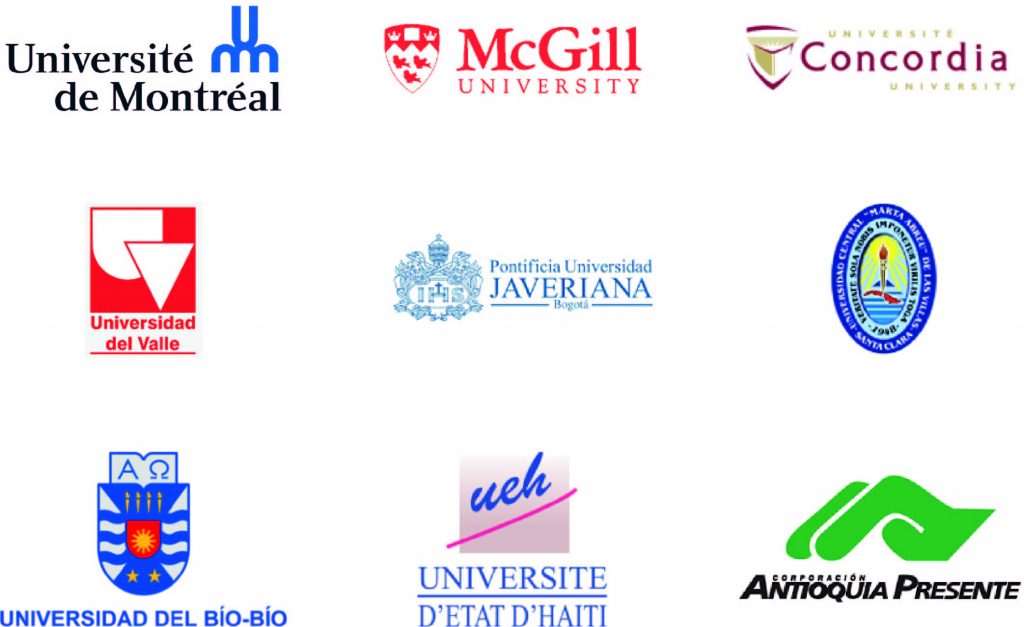Editors
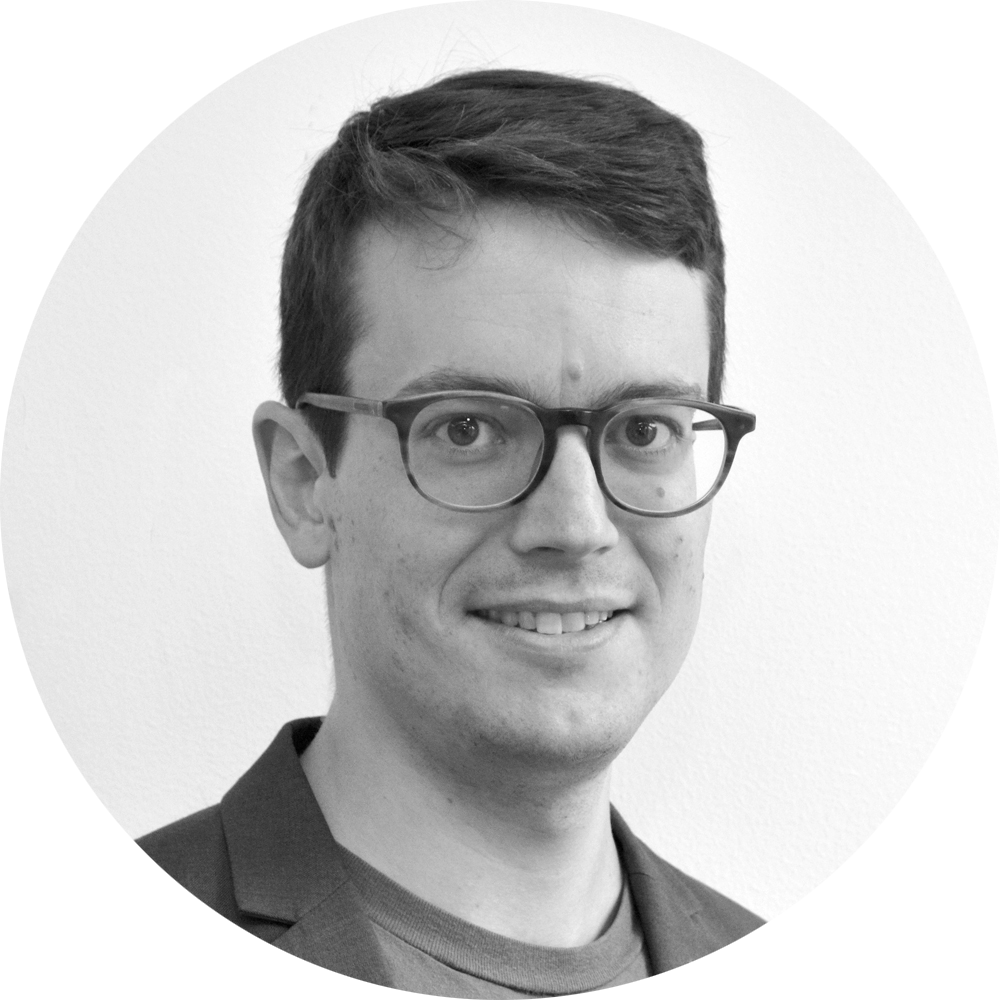
David Smith
Postdoctoral Researcher
Faculty of Environmental Design – School of Architecture
Université de Montréal, Canada
David Smith is an architect and postdoctoral researcher at the Université de Montréal’s School of Architecture. His research interests are located at the intersection between the built environment and food security, livelihoods, disaster risk reduction, and collaborative governance. He holds a master’s degree in architecture from Université Laval in Canada and a master’s in development and emergency practice from Oxford Brookes University in the United Kingdom. David completed his PhD at the Norwegian University of Science and Technology (NTNU), before holding an assistant professor. His doctoral thesis is titled “Marketplaces as critical urban infrastructure: Relational attributes and disaster resilience from the perspectives of traders and customers in Port-au-Prince, Haiti.”
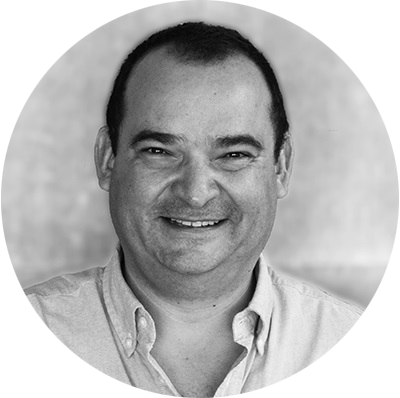
Benjamin Herazo
Research Coordinator
Faculty of Environmental Design – School of Architecture
Université de Montréal, Canada
Benjamin Herazo completed his PhD at the Université de Montréal’s Faculty of Environmental Design. He holds a bachelor’s degree in architecture from the Pontificia Universidad Javeriana in Colombia and a master’s degree in economics. For more than 15 years, he was an associate professor, director, and dean at the Pontificia Universidad Javeriana’s School of Environmental Studies. He also has more than 10 years of experience in architecture firms and has worked as a consultant and researcher in environmental management. His PhD dissertation examines how sustainable development contributes to the alignment between strategic and tactical management in the building sector.

Gonzalo Lizarralde
Professor
Faculty of Environmental Design – School of Architecture
Université de Montréal, Canada
Gonzalo Lizarralde’s work has significantly contributed to current debates about climate change action, the role of informality in project governance, the usefulness of the resilience framework, the impacts of rapid urban transformation, and low-cost housing in developing countries. He holds the Fayolle-Magil Construction Research Chair in Architecture, the Built Environment and Sustainability at the Université de Montréal. He is also the director of the IF Research Group (GRIF), the director of the Canadian Disaster Resilience and Sustainable Reconstruction Research Alliance (Œuvre durable) and one of the founders of i-Rec, an international network of specialists in disaster risk reduction and reconstruction. He is the author of the books Unnatural Disasters: Why Most Responses to Risk and Climate Change Fail but Some Succeed; The Invisible Houses: Rethinking and Designing Low-Cost Housing in Developing Countries; and co-editor of Rebuilding after Disasters. In 2016, he became a Member of the College of New Scholars, Artists, and Scientists of the Royal Society of Canada.
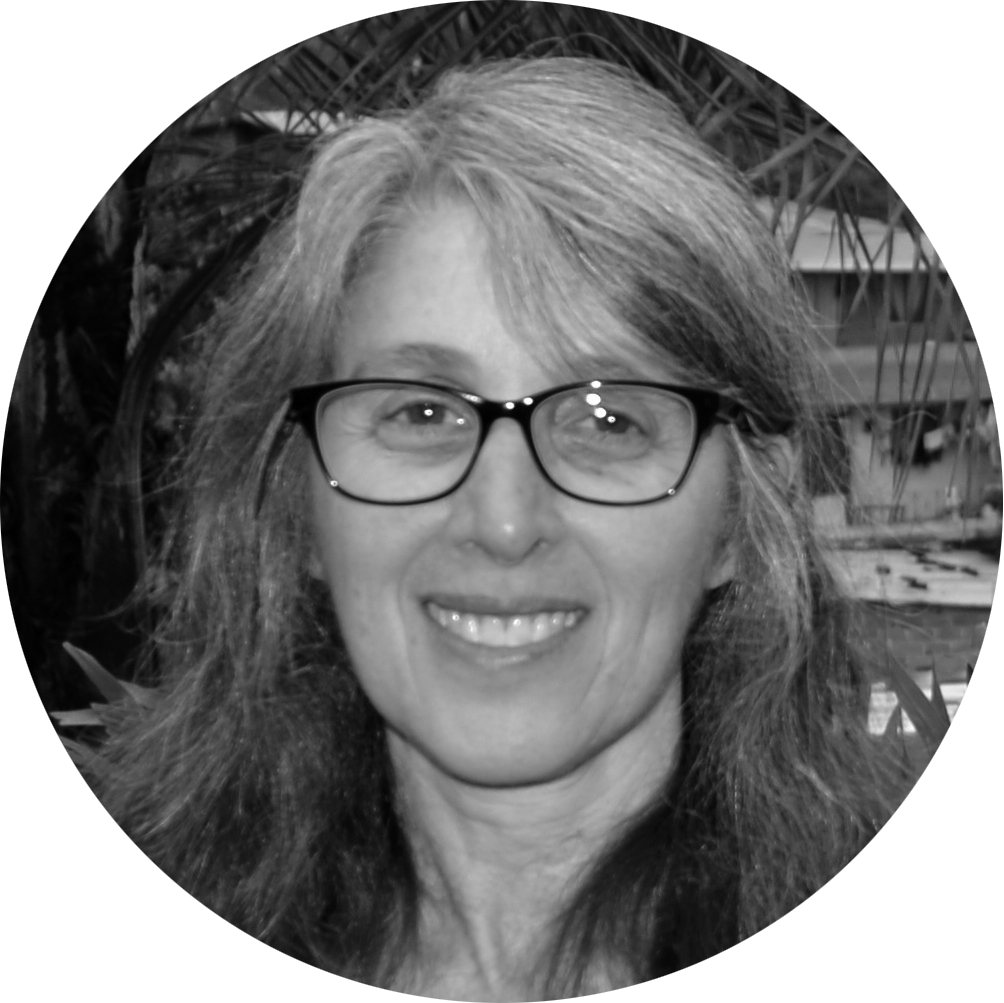
Lisa Bornstein
Professor
Faculty of Engineering – School of Urban Planning
McGill University, Canada
Lisa Bornstein is an expert in international planning, economic development, environmental policy and planning, and institutions and governance. Her interests center on the role of institutions and decision-making processes in public debates and consultations. She has vast experience in research and consultation in urban planning, as well as in analysis of policy interventions in Latin America and Africa. She is a member of the Canadian Disaster Resilience and Sustainable Reconstruction Research Alliance (Œuvre durable). Lisa has recognized expertise in citizen participation in development and has published important contributions in journals such as Public Administration and Development and Contemporary African Studies and Development. She has supervised several master’s and doctoral students doing research on post-disaster and post-conflict vulnerability and reconstruction. She managed an important project funded by Canadian research funds, which included over 13 partners. Lisa holds a Ph.D. from the University of California at Berkeley. Her Ph.D. dissertation is titled “Flexible production in the unstable state: Employment, linkages, and the Brazilian information technology industry.”
Authors of Case Studies
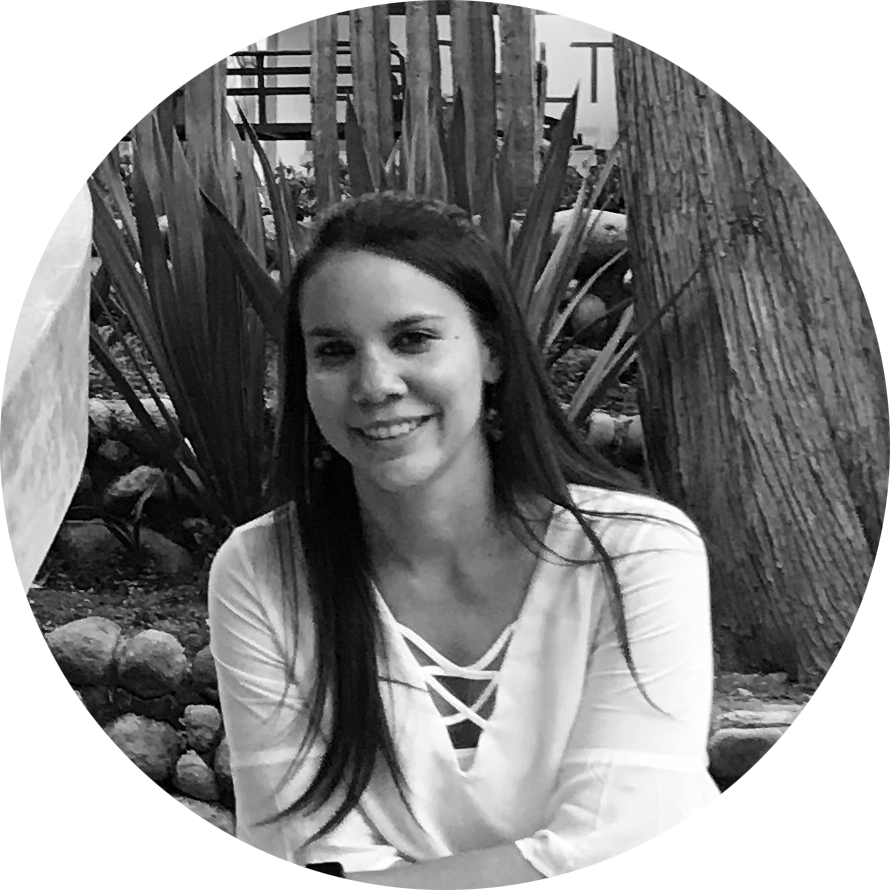
Adriana Patricia López-Valencia
Professor
Engineering School of Natural Resources and the Environment
Universidad del Valle, Cali, Colombia
Adriana López-Valencia is an architect and assistant professor at the School of Engineering, Natural Resources, and the Environment at the Universidad del Valle in Cali, Colombia. She holds a master’s degree in urbanism and a PhD in environmental sciences. Adriana has been conducting research on the sustainability of informal settlements for more than 10 years. She was an invited researcher at the Université du Québec à Montréal (UQAM) and at the Université de Montréal, where she studied multivariable indicators for urban sustainability assessment. In 2010, she was awarded the Green Talent Prize by the German Federal Ministry of Education and Research for her work on sustainability assessment. Adriana was also a visiting researcher at the United Nations University in Bonn, Germany, where she worked on vulnerability to climate change in informal urban settlements.

Gonzalo González
Assistant Professor
Department of Architecture
Universidad Central Marta Abreu de la Villas, Santa Clara, Cuba
Gonzalo González is an architect and assistant professor at the Department of Architecture of the Universidad Central Marta Abreu de la Villas in Santa Clara, Cuba. He holds a master’s degree in sustainable building and conducts research on risk reduction, resilience, and the built environment. His PhD dissertation focuses on the resettlement of populations at risk of climate change impacts in the coastal areas of Cuba. He works as a municipal advisor for the international development program Hábitat 2, where he has developed experience in participatory design and the implementation of instruments for housing management with social participation. He is part of the municipal management group for adaptation to climate change in the city of Quemado de Güines, Cuba.

Claudio Araneda
Professor
School of Architecture – Faculty of Architecture, Construction and Design
Universidad del Bío-Bío, Concepción, Chile
Claudio Araneda holds a PhD from the Architectural Association in London, England, and a degree in architecture from the Universidad del Bío-Bío in Concepción, Chile. In 2000, he was a visiting scholar at the Architectural Association, for which he was awarded the British Council’s Chevening Scholarship for postgraduate studies in the UK. From 2008 to 2011, he was a postdoctoral researcher for the Trust for the Development of Science and Technology, supported by Chile’s National Commission of Scientific and Technological Research (CONICYT). From 2009 to 2013, Claudio was the director of the master’s program in project didactics at the Faculty of Architecture, Construction and Design of the Universidad del Bío-Bío, where he continues to conduct his research. He is currently a member of the Project Didactics Research Group at the same university. He was also a member of the Taller de Barrio (2016-2020) teaching team, an award-winning innovative pedagogical initiative at the Universidad del Bío-Bío’s School of Architecture, where he currently teaches.
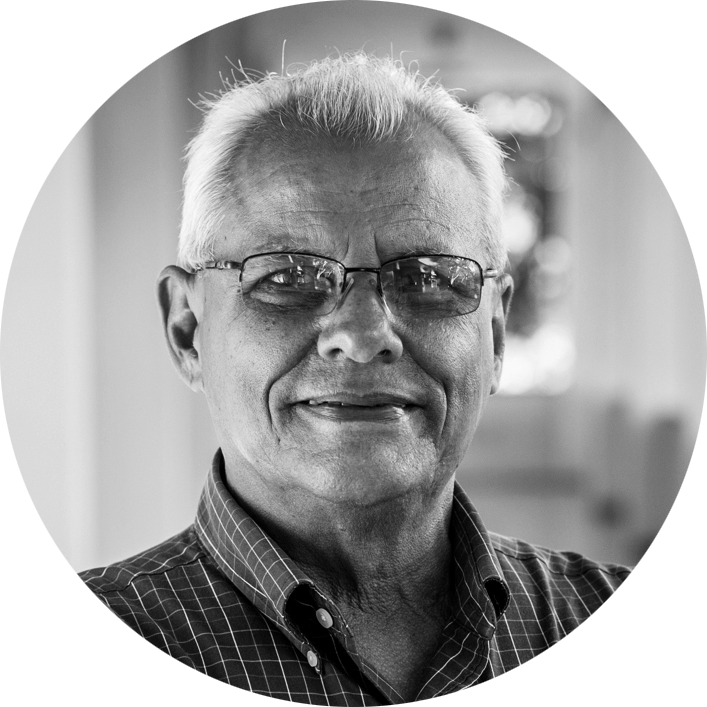
Andrés Olivera
Professor
Faculty of Construction
Universidad Central Marta Abreu de la Villas, Santa Clara, Cuba
Andrés Olivera is an architect and holds a PhD in architecture from the Universidad Central Marta Abreu de las Villas in Santa Clara, Cuba. He has taught various courses in the School of Architecture and is a member of the advisory committee for the master’s program in restoration and rehabilitation of built architectural heritage. He was a rector of the Universidad Central Marta Abreu de la Villas, director of the Department of Construction Technology, and dean of the Faculty of Construction. He is the director of the international development program Hábitat 2.
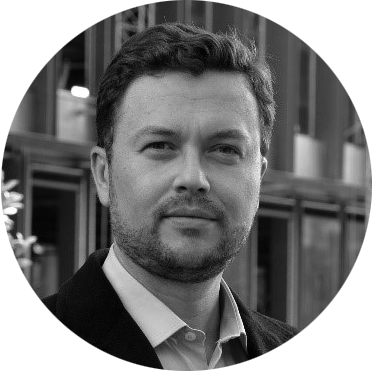
Holmes Páez
Associate Professor
Department of Civil Engineering
Pontificia Universidad Javeriana, Bogotá, Colombia
Holmes Páez is an associate professor in the Department of Civil Engineering at the Pontificia Universidad Javeriana in Bogotá, Colombia. He has more than six years of teaching experience in construction management and has significant research and teaching experience in the areas of construction productivity, Building Information Modelling (BIM), project management, and organizational studies and economy in the construction industry. From 2003 to 2015, he worked as a project manager, consultant, and accredited engineer in four leading companies: Norco S.A., ConConcreto S.A., Flowtite S.A., and Maersk Sealand. He has successfully managed significant project budgets, ensuring quality control, construction project profitability, and profits. He has also provided professional advice and consulting services to senior managers and construction companies.
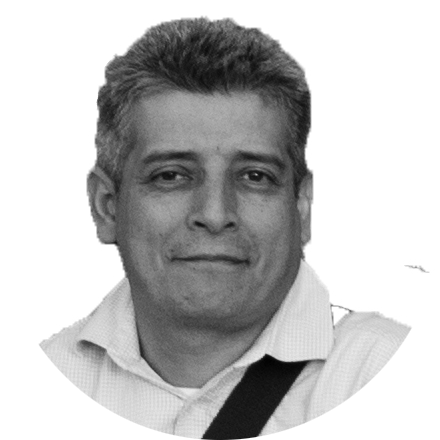
Oswaldo López-Bernal
Professor
School of Architecture
Universidad del Valle, Cali, Colombia
Oswaldo López-Bernal is a professor at the Universidad del Valle in Cali, Colombia, and a consultant at the Institute for Prospection, Innovation and Knowledge Management at the same university. He completed a postdoctoral fellowship at the Faculty of Environmental Design of the Université de Montréal, funded by a grant offered by the Canadian government. He holds a PhD in urban planning from the Universidad Nacional Autónoma de México in Mexico City, and a master’s degree in sustainable development, with a specialization in disaster prevention and management, from the Universidad del Valle in partnership with Tulane University. He also holds a master’s degree in urban environmental management for development from the Pontificia Universidad Javeriana, and a certificate in environmental management of solid urban waste from the Japanese International Cooperation Agency (JICA) in Nagoya, Japan.
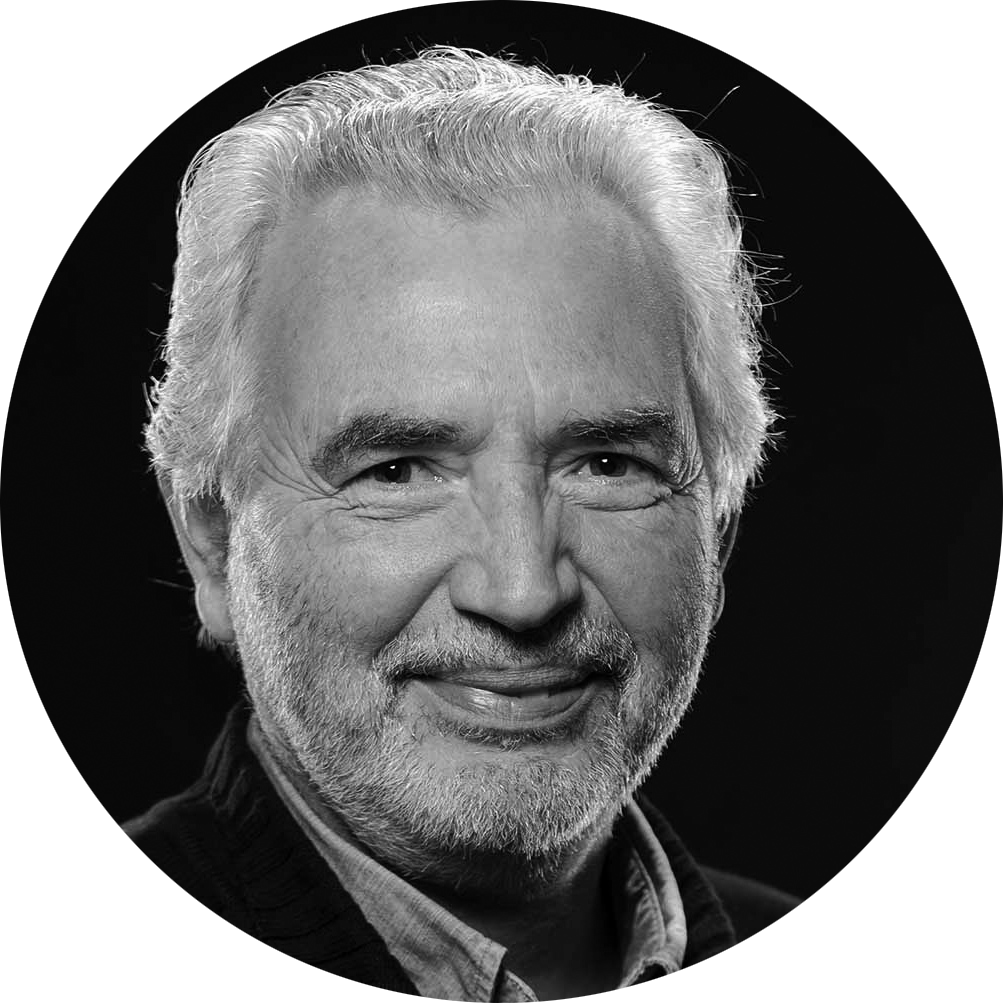
Roberto Burdiles
Professor
School of Architecture – Faculty of Architecture, Construction and Design
Universidad del Bío-Bío, Concepción, Chile
Roberto Burdiles is an architect and a professor in the Department of Design and Theory of Architecture at the Universidad del Bío-Bío, in Concepción, Chile. He conducts research and teaches in the areas of design, materials, composition, expression, heritage, and project didactics. He has also held positions as director of the architecture program and director of the Department of Design and Theory of Architecture, as well as in several academic commissions. He is the current dean of the Faculty of Architecture, Construction, and Design.
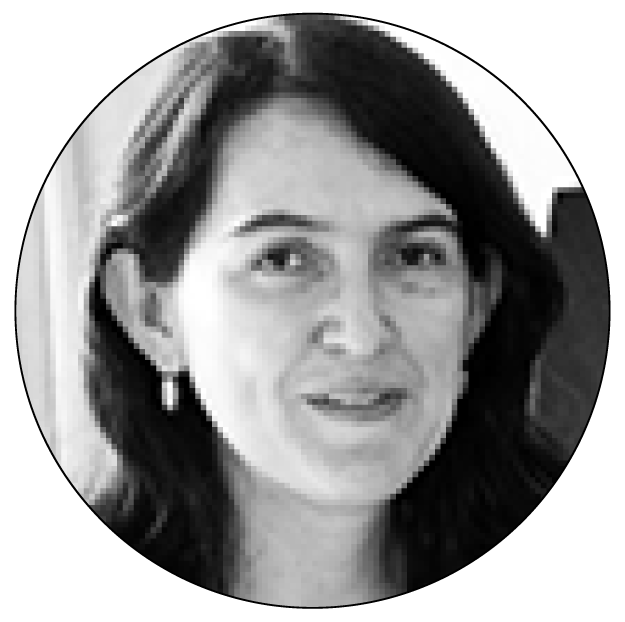
Julia Díaz
Professor
International School of Economics and Administrative Sciences
Universidad de la Sabana, Bogotá, Colombia
Faculty of Administration
Universidad de los Andes, Bogotá, Colombia
Julia Díaz is a systems and computer engineer with a master’s degree in industrial engineering and a PhD in management. She was a doctoral fellow at the International Research Network for Social Economic Empowerment (IRENE-SEE), supported by the Siemens Stiftung Foundation. She is currently a professor at the International School of Economics and Administrative Sciences of the Universidad de la Sabana and at the Faculty of Administration of the Universidad de los Andes in Colombia. She has worked in the public sector in Colombia, namely in the Ministries of Education and Information and Technology. She is currently a member of the editorial committee of the Annual Review of Social Partnerships (ARSP). Her research in the field of organizational studies focuses on the study of social partnerships and the relationships between technology and society.
Authors of Policy Briefs

Tapan Dhar
Postdoctoral researcher
Faculty of Engineering – School of Urban Planning
McGill University, Canada
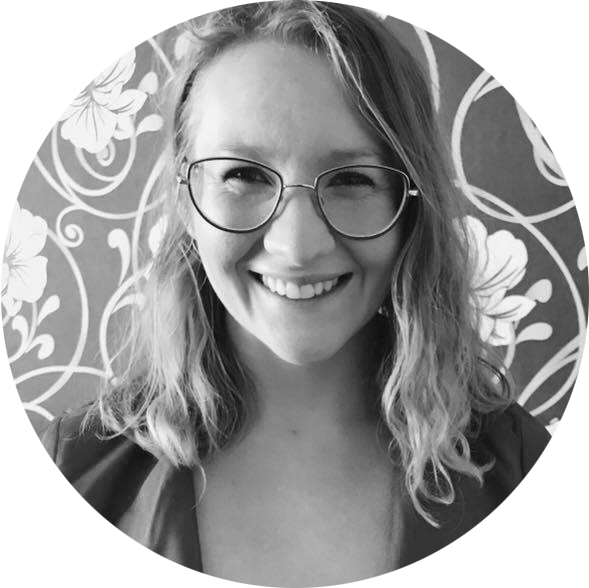
Em Walsh
Doctoral candidate
Faculty of Arts – Department of Philosophy
McGill University, Canada
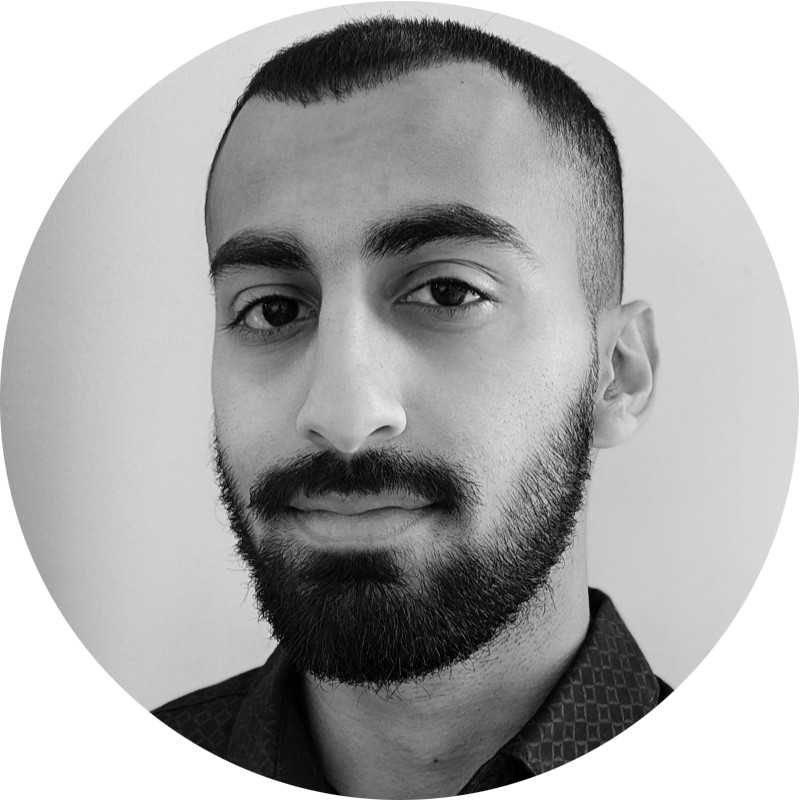
Talha Awan
Student
Faculty of Engineering – School of Urban Planning
McGill University, Canada

Camila Flórez Bossio
Postdoctoral researcher
Faculty of Environmental Design – School of Urban Planning and Landscape Architecture
Université de Montréal, Canada

Sayana Sherif
Student
Faculty of Engineering – School of Urban Planning
McGill University, Canada
Other Team Members and Contributors
Anne-Marie Petter
Elsa María Monsalve
Karine Bouchereau
Kevin Gould
Danielle Labbé
Marcela Ochoa
Gloria García
Margarita Restrepo
Hernán Ascui
Christopher Bryant
Faten Kikano
Trent Bonsall
Steffen Lajoie
Maria Isabel Vélez
Lisa Hasan
Arturo Valladares
Ernesto Aragón
Gabriela Gonzales
Our Partners
Funding Agency
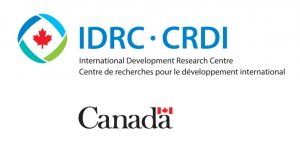
Coordinating Alliance

University and NGO Partners
